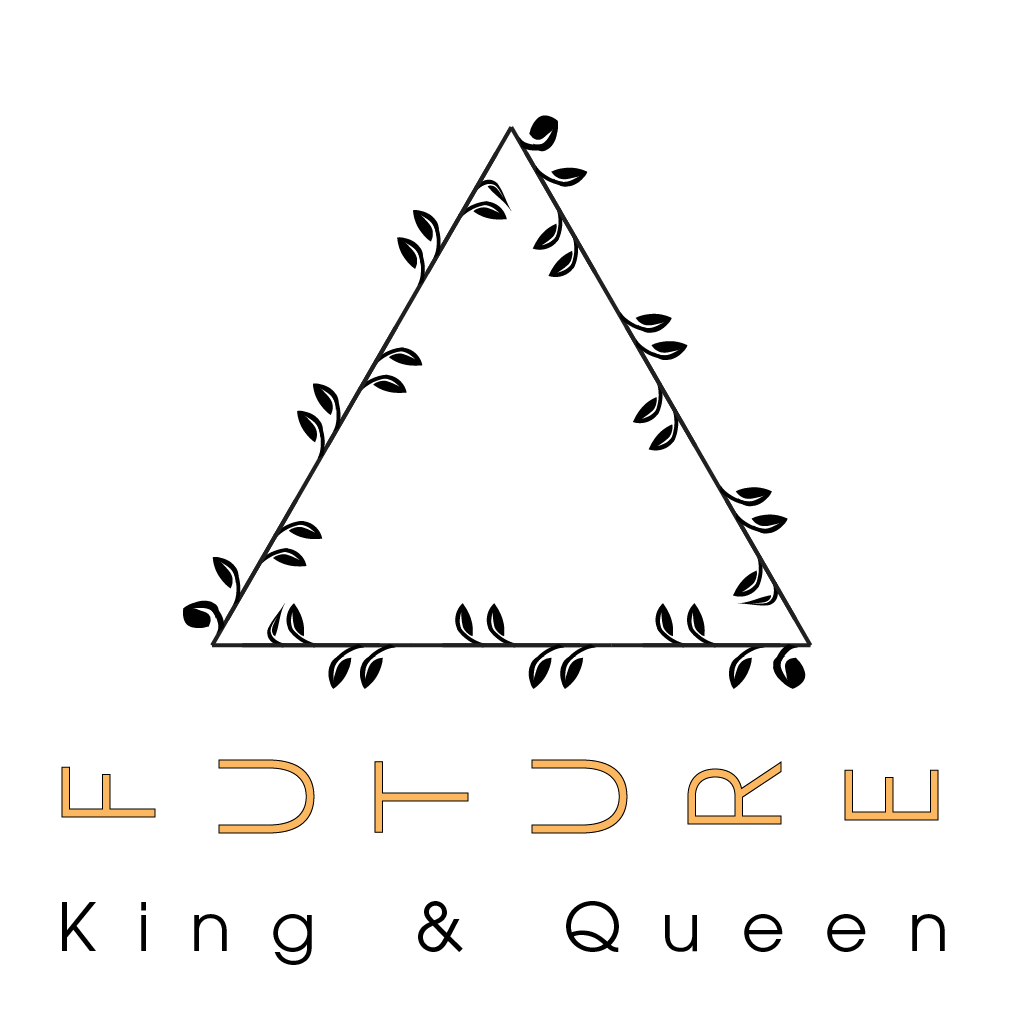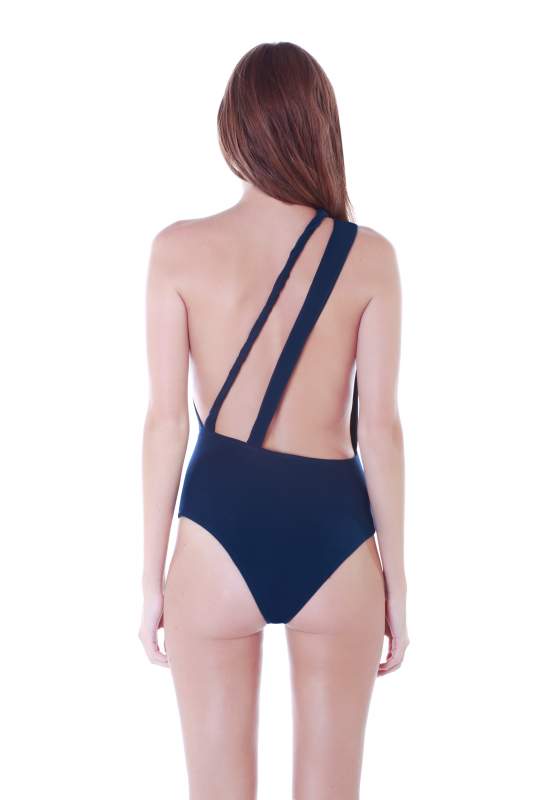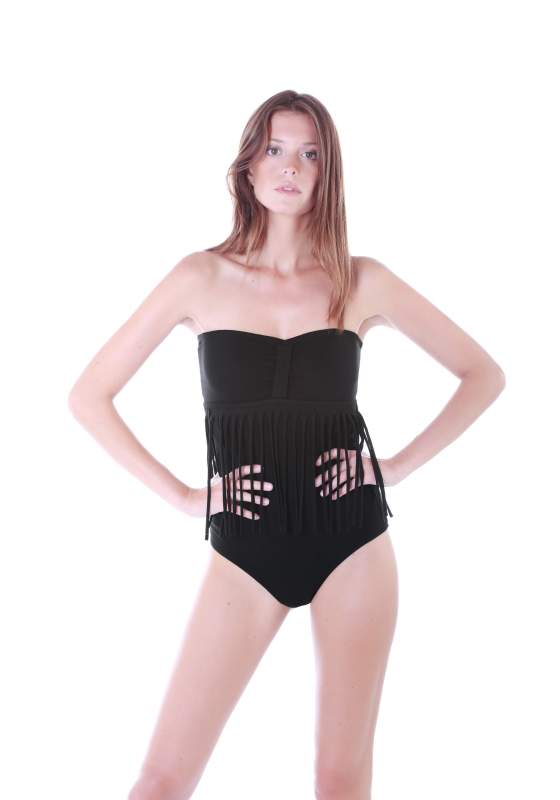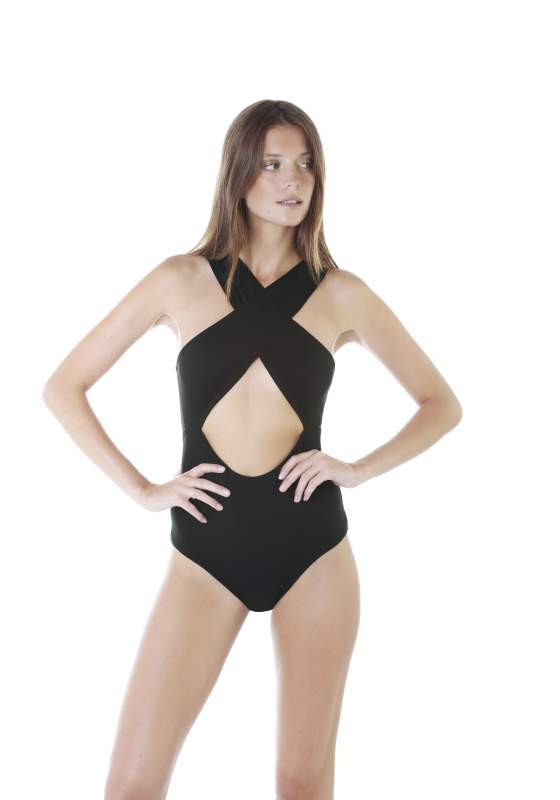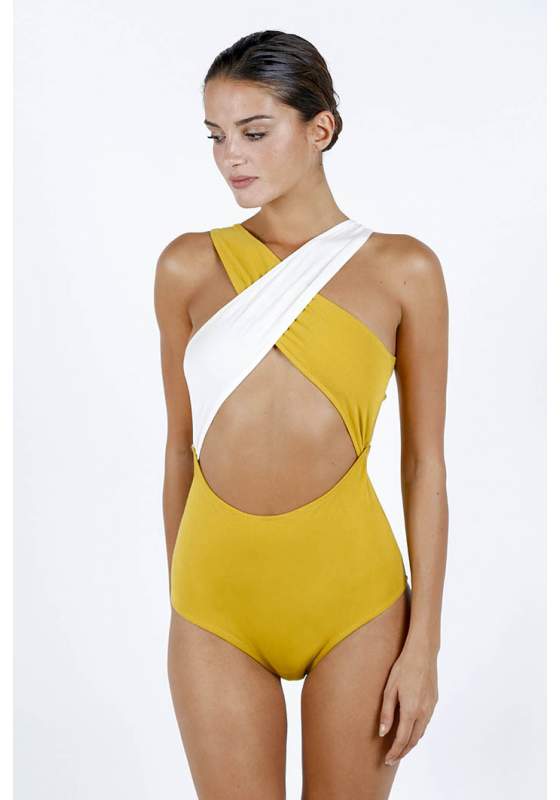Eco-friendly swimwear made from .... Organic Cotton & Hemp!
With summer temps just around the corner here in Australia, and the summer holidays beckoning, it's easy to day-dream of long, sun-filled days at the beach.
So what to wear that looks sexy, classy & sleek, while still being kinder to the ocean's creatures? There are some really interesting developments in swimwear made from recycled nylon fishing nets - which not only cleans up the old "ghost nets" left forlornly floating in the sea, but also avoids the need to produce new, or virgin, nylon.
Another alternative is to choose swimwear made from plant fibres. If you're looking for ocean-friendly swimwear, natural fibres cause the least harm to this delicate eco- system, as the fibres break down organically. We're talking hemp (which used to be used for naval ropes due to its longevity when wet) and organic cotton. To extend the life (and stretch) of the garment, some nylon is often incorporated with the predominant cotton or hemp fibres.
There are exciting developments in nylon made from plant (rather than petroleum) oils, like the kind used in compostable toothbrushes, so we are looking forward to bio nylon being developed as a viable fabric alternative too.
We've rounded up some of the chicest swimsuits made from organic cotton & hemp, which we are predicting will be the next big trend in ethical swimwear.
NOTE: we are specifically focussing on swimsuits which are designed to go swimming in here! And it's hard to argue against the longevity of nylon swimsuits in chlorinated water compared with natural fibre swimsuits. But with more and more research appearing about the effects of micro-plastic fibres leaching into the oceans when washing synthetic clothes, we think it's time to cast the fashion net out further, to explore some alternatives. Sure, these natural fibre swimsuits will need to be handled with a little more care, & be rinsed after use, & they won't last as long as full nylon suits, but consumer demand will drive change, and the more that people purchase clothing which is kinder to the environment, the more research & development will go into creating higher-performing fibres that are truly eco-friendly.
LUZ SWIMWEAR
93% ORGANIC COTTON // 7% ELASTANE
MADE IN PERU // FAIR TRADE // GOTS CERTIFIED
With elegant cuts, and a huge range of both one piece and separates, we're loving the range of organic cotton swimwear from Peruvian brand Luz.
The organic cotton is GOTS certified, and is mixed with 7% nylon to allow the fabric to stretch and return to shape after swimming.
AMBIKA BOUTIQUE
98% COTTON // 2% ELASTANE
CUSTOM MADE TO ORDER // CROCHET
Upstate New York based Ambika Boutique creates crochet swimwear to custom order, in a fibre mix of 98% cotton and 2% elastane for stretch and wear. The thread is hand spun, and dyed with wild harvested plants.
These pieces are designed to get wet - they are not just for hanging beside the pool! Like all natural fibres though, they aren't too keen on chlorine, so always rinse thoroughly after swimming in chlorinated water.
Hemp Huggers
54 % ORGANIC HEMP // 43% ORGANIC COTTON // 3% LYCRA
CUSTOM MADE IN USA
Custom made to order in the USA, Hemp Huggers specialise, not surprisingly by their name (!), in garments made from hemp.
Hemp Huggers swimwear range uses a mix of organic hemp and cotton, mixed with 3% lycra for stretch.
Natasha Tonic
ALSO MADE FROM HEMP, ORGANIC COTTON & LYCRA
MADE IN LOS ANGELES, CALIFORNIA
Sustainable swimwear, made seriously sexy. Natasha Tonic’s dreamy pieces are designed, sewn and dyed in sunny Los Angeles, California.
Made from a blend of hemp, organic cotton and 4% lycra. With classic, chic designs, Natasha Tonic’s eco swimwear also doubles as lingerie, bodysuits and activewear.
If you're looking for swimwear made from recycled nylon, which is also a milestone development in ethical fashion as it re-uses existing nylon fibres, thereby reducing landfill, then check out our earlier stories below, featuring swimwear made from this material. This isn’t a perfect solution for ocean life however, as like all plastics, the microfibres will degrade and pollute the waterways. But it does at least reduce the demand on virgin plastic production, whilst also encouraging harvesting of used fishing nets from the sea.
